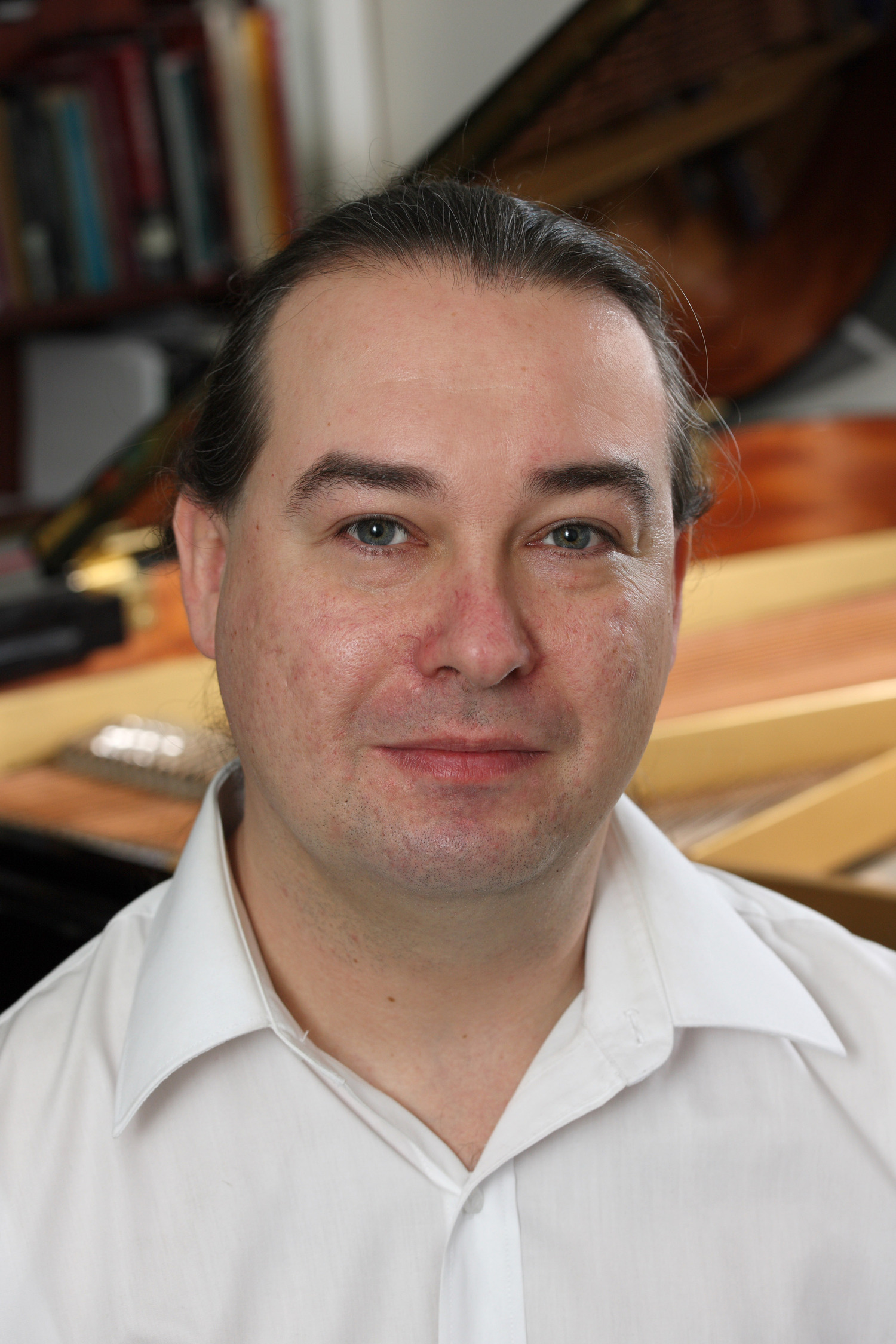 Reviewed by Ewart Shaw, Wednesday 16th May 2018.
Reviewed by Ewart Shaw, Wednesday 16th May 2018.
The Wednesday lunchtime recitals hosted by
Recitals Australia in the Pilgrim Church in Flinders Street have, for many years, given Adelaide musicians a comfortable venue and environment for music making. Two short recitals, one at 12:10 and the second at 1:10, can range from small ensembles to solo performances by musicians both starting out in their performing careers, or taking the opportunity to keep their flying hours up to date.
I managed to attend the recital by Alexander Hanysz with a quick sprint through town. He's a pianist I've always admired, technically immensely skilled and self-effacing. His programme offered the opportunity to hear works by two Adelaide composers, Matthew Atherton, a very fine organist, and John Polglase. It was John Polglase's set of variations on a theme by
Henry Purcell that was the magnet for me. I have loved Purcell's music since childhood, having first heard the
Benjamin Britten Young Person's Guide to the Orchestra which is a set of variations on a theme, a different theme, by Purcell
Alexander actually began the recital with a short piece by Roy Agnew (1891-1944), his Poem No.1 (1922), a gentle exploration of musical material, deceptively simple.
The Matthew Atherton Dyptique (1991) is made up of the Infidel's Toccata and Dance Among the Stars. The Toccata, as expected, was a dense and dramatic workout for the keyboard, and pianist, that suddenly opened out into a lyrical and engaging dance. His second programmed work, Variations on a Fantasy (2003), was an equally impressive and densely textured work. The two pieces were separated by the Prelude and Sonata No.12 (2003) by John Polglase. It's another workout for piano and player, despatched by Alexander Hanysz with immense concentration.
The final work on the program was the Variations on an Air by Purcell (2017) and receiving its world premiere. It is based around a tune from Purcell's incidental music to The Double Dealer, a comedy of bad manners by
William Congreve. While Purcell is better known as the composer of Dido and Aeneas, and marvellous music for the Anglican church, he was a prolific composer of songs and instrumental pieces for the stage. Restoration comedies were bawdy, full of romantic situations that took full advantage of that amazing development of having female parts portrayed by actresses.
The Polglase, the longest work on the programme, begins with a simple and elegant statement of the original and then presents the listener with the challenge of following the theme through the variations. John Polglase told me before the concert that the work was essentially written because the repeating bass line in the original score had so intrigued him he wanted to work on it.
Like the other works on the program, it would repay hearing again, and the concert was recorded by 5MBS, so the opportunity may arise. Judging new works is difficult, as you're not able to take a step back while taking your part in the life of the music, to fully examine the performance. Alexander Hanysz played the entire program from memory, which is impressive especially for those of us who have difficulty remembering what we had for breakfast. If you see his name on a concert schedule and you want to hear excellent pianism and probably an unusual repertoire, go along.
The Recitals Australia concerts on Wednesdays will set you back $5 for the pair. They are excellent value.
<iframe width="854" height="480" title="YouTube Embed" src="https://www.youtube.com/embed/EK39qx_7kXM" frameborder="0" allow="autoplay; encrypted-media" allowfullscreen></iframe>
<iframe width="854" height="480" title="YouTube Embed" src="https://www.youtube.com/embed/J2HOpX6VH4I" frameborder="0" allow="autoplay; encrypted-media" allowfullscreen></iframe>
Reader Reviews
To post a comment, you must
register and
login.
 Reviewed by Ewart Shaw, Wednesday 16th May 2018.
Reviewed by Ewart Shaw, Wednesday 16th May 2018. Reviewed by Ewart Shaw, Wednesday 16th May 2018.
Reviewed by Ewart Shaw, Wednesday 16th May 2018.